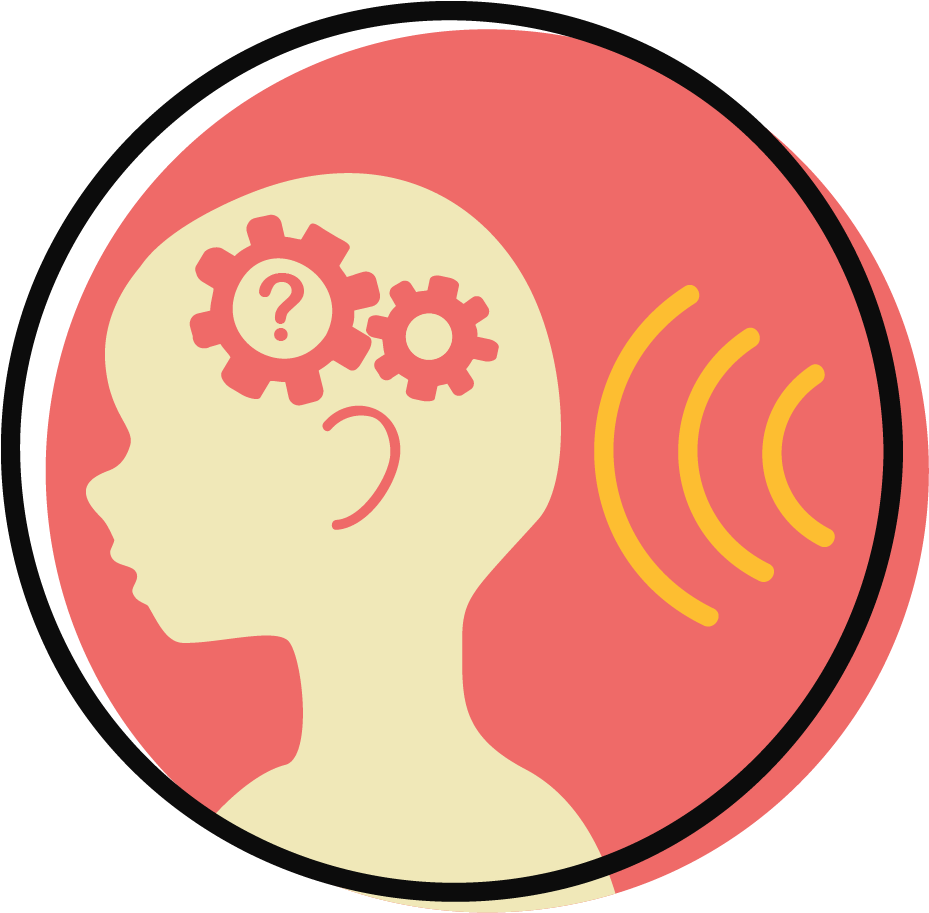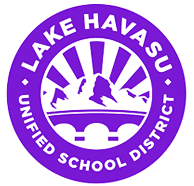Speech/Language Therapy*
SLP Services for a Student Who Stutters
- Repetition of syllables (b-b-ball),
part-word (tel-tel-telephone), whole-word (the-the-the ball) or phrases
(The ball-the ball is on the telephone).
- Prolongation of syllables within words (baaaaall).
- Complete blockage of the flow of speech (The telephone--------is by the door).
- The speech dysfluency causes undue/negative attention towards the student.
- Stuttering may be accompanied by secondary behaviors such as facial grimaces or tics.
- Stuttering episodes may increase during situations of emotional stress.
- REMEMBER: Approximately 20% of all
children experience periods of dysfluent speech that is considered a developmental phase during preschool years.

Speech Referral Implications
Eligibility requirements for speech therapy depend on severity of the stuttering. If a child stutters on more than 10% of his speech, stutters with considerable effort and tension, or avoids stuttering by changing words and using extra sounds to get started, it may be appropriate to seek professional advice.
SLP Services for a Student with a Voice Disorder
The most common voice problem is vocal abuse which may cause vocal nodules on the vocal folds leading to a hoarse or harsh sounding voice. A referral to the speech-language pathologist may be appropriate if the student exhibits chronic hoarseness, inappropriate volume (too loud/soft), and/or inappropriate pitch for age and gender and the voice quality interferes with communication. Remember, the voice problem must have an educational impact.
Speech Referral Implications
Before a voice evaluation can be made, a doctor must examine the child's throat to determine if speech therapy is recommended.
SLP Services for a Student with Language Delays
Remember: A speech-language pathologist not only provides therapy for articulation, stuttering and voice problems; an SLP also specializes in language delays/disorders. Just because a student's speech doesn't "sound funny," a referral to the SLP should be made if you have a concern about her/his:
- Receptive language which refers to what s/he understands and/or how they process the auditory information when it is introduced. Signs of weakness may include: difficulty following directions, poor sound sequencing skills, understanding vocabulary and concepts or an impact on reading skills.
- Expressive language which refers to a students use of vocabulary, grammar and word order to communicate effectively in a functional manner within various settings.
Speech Referral Implications
Children referred for language delays will be assessed using standardized language testing would be eligible for SLP services. This does not include English as a Second Language, unless the child demonstrates delays in his or her native language.
SLP Services for a Student with Articulation Development Problems
- Students should be producing the following sounds: k, g, f, v, y, p, b, t, d, n, m, h, ing
- Students should be producing the above sounds and l, l in blends.
- Students should be producing the above sounds and r, r in blends.
- Students should be producing all sounds including s, s in blends, sh, ch, j.
Speech Referral Implications
Eligibility requirements for articulation therapy depend on the age of
the student, number of speech errors, developmental level of the student
and the ability of the student to communicate effectively. The
articulation errors must have an educational impact.
Middle School/High School Services
Educational Impacts determined by:
- Student is communicating successfully in the academic environment.
- Assessments indicate age appropriate/ functional levels have been achieved.
*Although we try to keep this online information up to date and accurate, the Special Services Department is the final arbiter on matters of policy.








